Vibrant customs in Algerian culture

Algeria, the largest country in Africa and the tenth largest in the world, is a land of diverse cultures and rich history. Its strategic location at the crossroads of Europe, Africa and the Middle East made it a melting pot of influences, from the ancient Berbers and Romans to the Arabs, Turks and French. This cultural mosaic is reflected in Algeria's customs and traditions, as diverse as the country's picturesque landscapes, from the Mediterranean coast to the Sahara desert.
Show key points
- Algeria's rich cultural heritage is deeply influenced by its historical roles as a crossroads between Europe, Africa, and the Middle East.
- Traditional Algerian clothing, such as the women's Karako and the men's Bernos, symbolizes the country's regional cultural diversity.
- Algeria is a multilingual nation where Arabic and Amazigh are official languages, while French remains widely used due to colonial legacy.
- ADVERTISEMENT
- Algerian cuisine reflects a fusion of Berber, Arab, Turkish, and French traditions, with dishes like couscous and borik being central staples.
- Hospitality is a vital social value in Algerian culture, where guests are warmly welcomed and generously offered food and drink.
- Islam is integral to Algerian life, shaping daily routines, community gatherings, and national celebrations.
- Music and dance serve both as entertainment and a means of preserving and expressing Algeria's diverse cultural identities.
Traditional dress
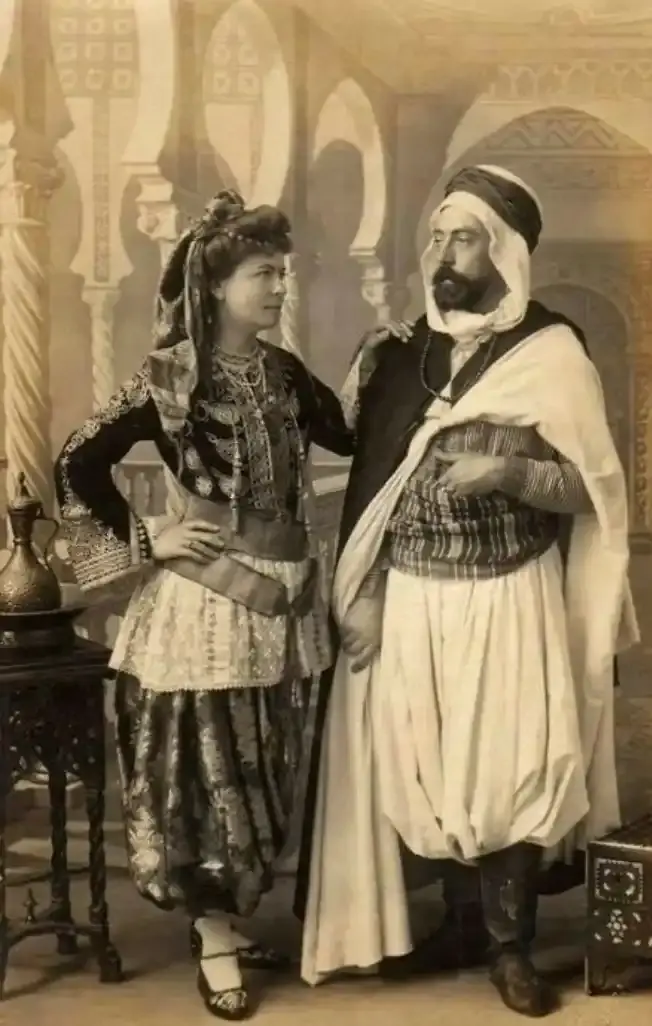
In Algeria, traditional dress is a symbol of the country's cultural diversity and historical heritage. Karako, the traditional outfit worn by women on special occasions, is a two-piece white outfit decorated with intricate embroidery. Karaku is usually made of silk and is often paired with haik, a traditional hijab covering the head and body. The bernos, a traditional cloak worn by men, is usually made of wool and is often white or cream. The bernos are usually worn over the djellaba, a loose robe common in North Africa. These traditional clothes are often worn during special events and festivals, adding to the colorful landscape of Algerian celebrations. Each region in Algeria has its own unique style of dress, reflecting the diversity of the country's cultural heritage.
Recommend
Language
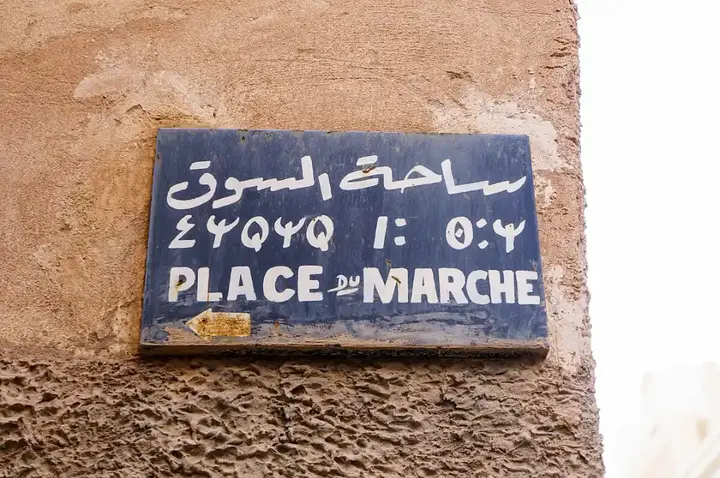
Algeria is a linguistically diverse country with two official languages: Arabic and Amazigh (Berber). Arabic, which emerged in the seventh century, is the most widely spoken language. It is used in government, media and education. However, the spoken dialect, known as Darija, differs significantly from modern classical Arabic and is unique in Algeria. Tamazight, the indigenous Berber language, was recognized as an official language in 2016. There are many Berber dialects in Algeria, each corresponding to a particular region. Kabylie, spoken in Kabylie, is the most widely spoken Berber dialect.
French, although not an official language, is widely used in business, education and media because of Algeria's colonial history. Many Algerians speak two or three languages, often moving seamlessly between Arabic, Amazigh, and French. This linguistic diversity is a testament to Algeria's rich cultural heritage and historical influences.
Kitchen
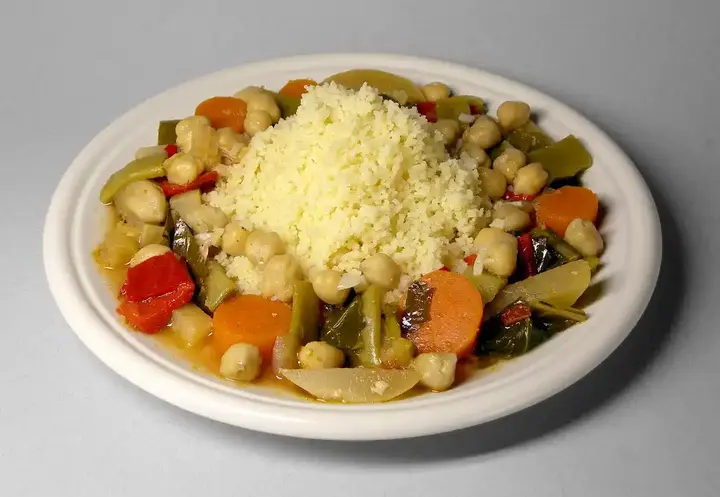
Algerian cuisine is a delightful blend of Berber, Arabic, Turkish and French influences. Couscous, a staple food, is often served with stews of meat and vegetables flavored with a variety of spices. "Soup", a delicious soup made with meat, legumes and vegetables, is a popular dish especially during the holy month of Ramadan. Borik, a stuffed pastry, is another favorite, often stuffed with meat, cheese or vegetables. Sweet pastries such as makrod, baklava and dumplings are also widely enjoyed. Each region in Algeria has its own unique dishes, making Algerian cuisine a culinary journey through the country's diverse landscape. From spicy merguez sausages in the north to delicious tagines in the south, Algerian cuisine is a testament to the country's rich cultural and culinary heritage.
Hospitality
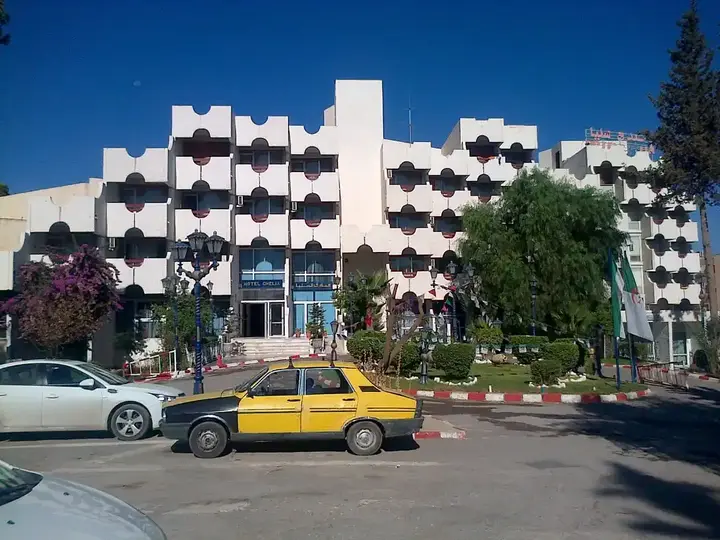
Hospitality in Algeria is an essential aspect of its culture. Algerians are known for their hospitality and hospitality, reflecting the values of kindness and generosity inherent in Algerian society. Visitors are often surprised at how willing Algerians are to go to make their guests feel welcome. When visiting an Algerian home, it is customary to bring a gift to the host, such as sweets, flowers or a simple thank you note. Upon arrival, guests are served traditional mint tea or coffee, followed by a range of snacks or a meal, depending on the time of day.
It is common for Algerians to insist that guests eat well and make themselves home. Food rejection is often seen as impolite, so guests are encouraged to accept the offer. This tradition of hospitality extends far beyond home to public places, where it is common for strangers to have friendly conversations.
Religion
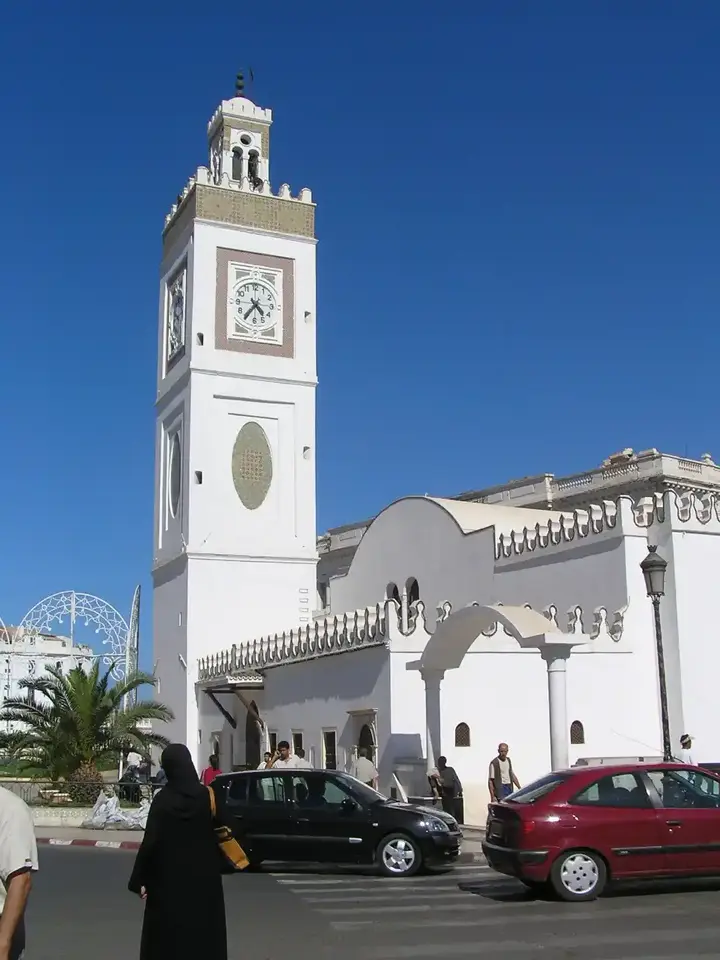
Islam is the state religion and plays a central role in the daily lives of Algerians. The call to prayer can be heard five times a day, and during the month of Ramadan, the pace of life changes dramatically to accommodate fasting and Qiyaam. Mosques act as community centers, and Friday prayers are an important weekly event. Religious holidays such as Eid al-Fitr and Eid al-Adha are celebrated with great enthusiasm, with communal prayers, feasts and charity works. Islam in Algeria is not just a religion, it is a way of life that influences everything from social customs to legal systems.
Music & Dance
Music and dance are an integral part of Algerian culture. Traditional music genres such as chaabi, kabylie and rai are very popular, and traditional dances such as ahlil and rakib are performed during ceremonies, often accompanied by drums and flutes. Music and dance are not only forms of entertainment in Algeria, but also a means of expressing cultural identity and social solidarity. From lively Andalusian music to lively rai rhythms, Algerian music is as diverse as its people.
Conclusion
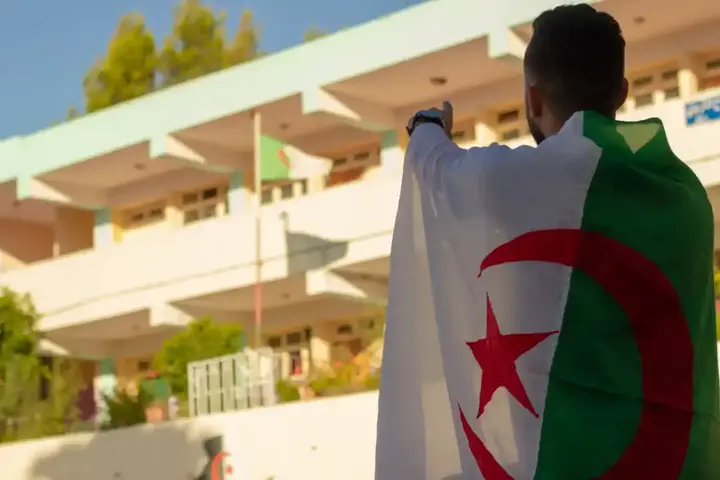
In conclusion, Algerian culture, with its rich customs and traditions, offers a fascinating insight into a society shaped by a variety of influences. Whether it's traditional dress, delicious cuisine, linguistic diversity, hospitality, religious customs, or vibrant music and dance, every aspect of Algerian culture adds a unique thread to the country's rich cultural fabric. As you delve into Algerian culture, you will discover a world of diverse and vibrant customs such as the country itself. Exploring Algerian culture is a journey into a rich and diverse world that reflects the country's historical journey and its unique place in the world.








